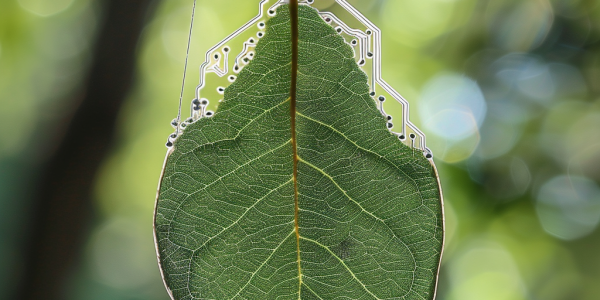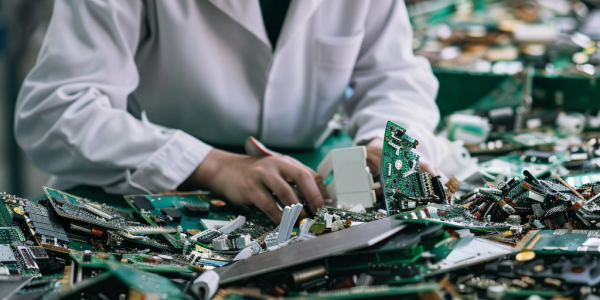Revolutionary Leaf-Based Circuit Boards Offer Sustainable Solution to E-Waste
Researchers have unveiled a groundbreaking method to create circuit boards from tree leaves, a sustainable alternative to traditional printed circuit boards (PCBs). This innovative approach, known as ‘leaftronics,’ aims to combat the growing electronic waste crisis, which reached 62 million tons in 2022. By utilizing the natural strength of leaves, this technology offers a biodegradable solution that could revolutionize the electronics industry and promote eco-friendly practices.
Innovative Method Developed to Extract Noble Metals from E-Waste
University of Helsinki researchers have developed sustainable methods to extract noble metals from e-waste using deep eutectic solvents. This innovative approach aims to address the growing issue of electronic waste while recovering valuable resources like copper, silver, and gold. The three-stage process allows for the selective extraction of metals from discarded electronics, promoting green chemistry principles and sustainable metal recovery practices.


